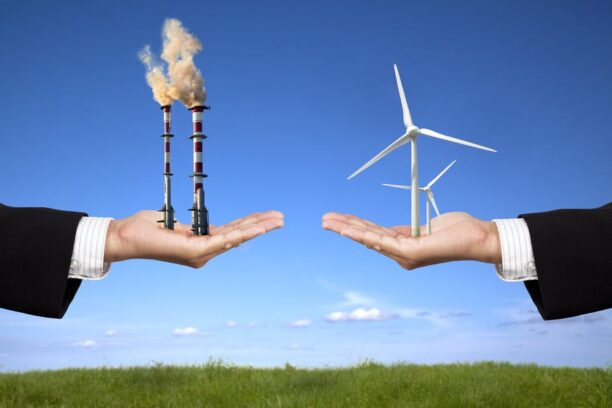Climate Change Policies and Their Effect on Propane Use

Climate change policies are shaping how we use energy, and propane is no exception. These policies, aimed at reducing greenhouse gas emissions and encouraging clean energy, have significant effects on propane usage. Here’s how they impact the propane industry – both its retailers and its customers.
Impact on Propane Demand
Climate change policies often include measures to limit the use of fossil fuels and promote renewable energy sources. This can affect propane demand, as regulations might encourage the adoption of alternatives like electric heat pumps or solar power. However, propane is still considered a cleaner option compared to other fossil fuels, which means it will definitely continue to play a role in energy strategies, especially in areas where renewables are less feasible.
Regulatory Changes
Governments may introduce regulations that directly affect propane usage. For instance, stricter emissions standards can lead to the development of more efficient propane technologies. These advancements help meet regulatory requirements while still providing a reliable energy source. Propane suppliers and users need to stay informed about these changes to adapt their practices and technologies accordingly.
Economic Implications
Climate change policies can also impact the cost of propane. Incentives for renewable energy and penalties for high-emission fuels might influence propane prices. Understanding these economic factors helps consumers make informed decisions about their energy use. Propane businesses may need to adjust their pricing and marketing strategies to remain competitive in a shifting market.
Technological Advancements
In response to climate change policies, the propane industry is investing in new technologies. Innovations in propane equipment and infrastructure aim to improve efficiency and reduce emissions. This aligns with broader environmental goals and helps propane maintain its place as a cleaner energy choice. These advancements can make propane more attractive to users looking for sustainable options.
Environmental Benefits
Despite the push for renewables, propane offers environmental benefits that align with climate goals. It burns cleaner than many other fossil fuels, producing fewer emissions and pollutants. This makes it a viable option for reducing overall greenhouse gas emissions, especially when used alongside other sustainable practices.
Impact on Propane Businesses
For propane businesses, climate change policies present both challenges and opportunities. Staying up-to-date with regulations and investing in new technologies are key to navigating these changes. By embracing cleaner practices and offering efficient solutions, propane companies can maintain a strong position in the energy market while contributing to local, state, and national environmental goals.













